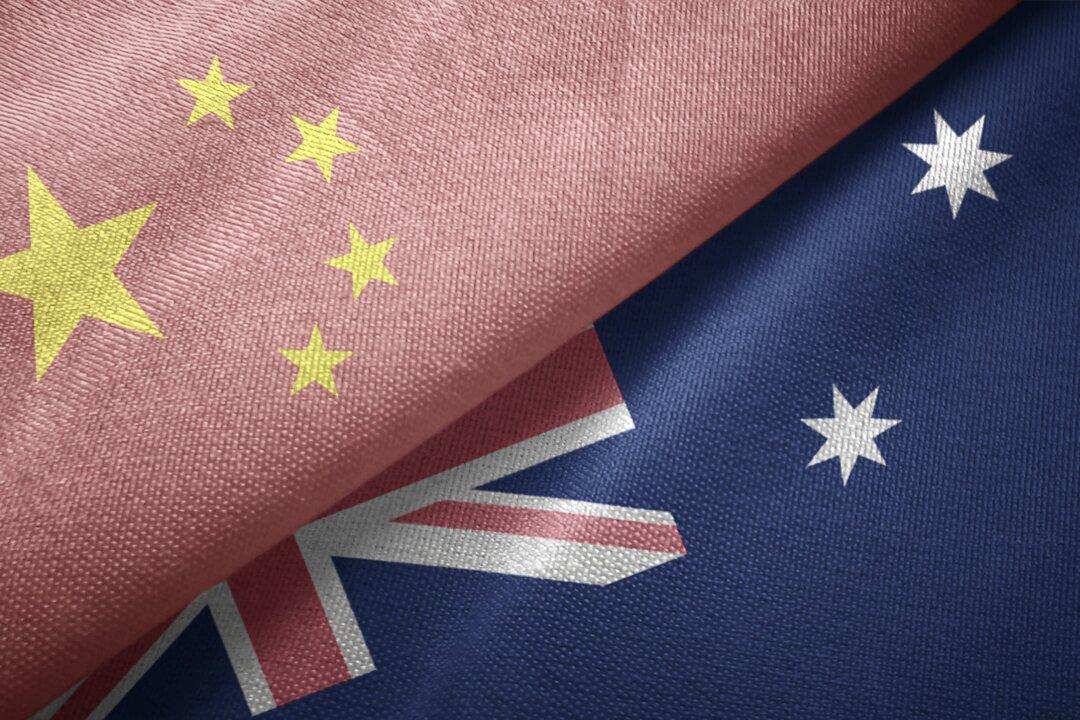Ninety percent of Australians are opposed to the Chinese Communist Party (CCP), one of Australia’s leading thinktank’s has revealed.
A Lowy Institute’s 2021 survey—of 2,222 Australian adults—found that while two-thirds of Australians had positive views about Chinese people, Chinese culture and history, an overwhelming 90 percent of Australians were strongly opposed to China’s communist system of government, military activities in Australian regions, and the Chinese state’s investment in a major Australian company.




